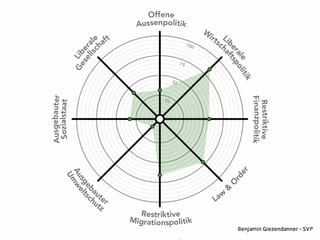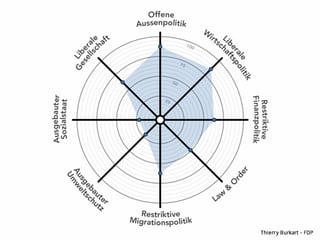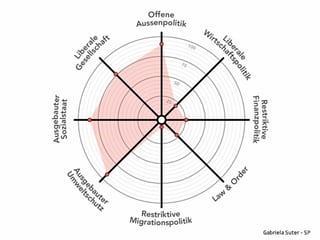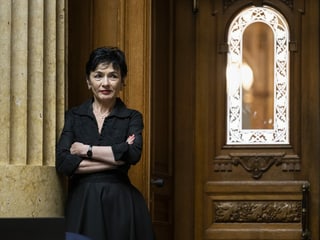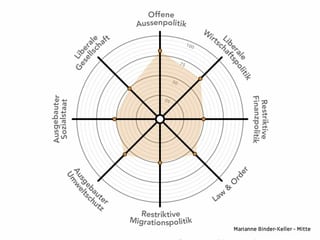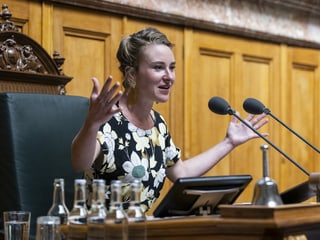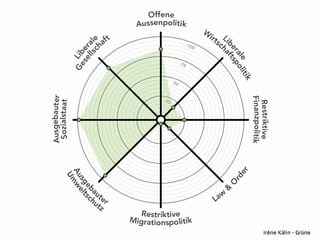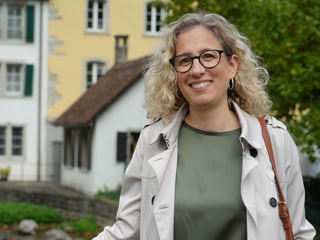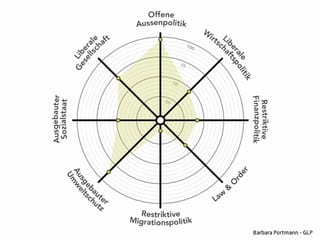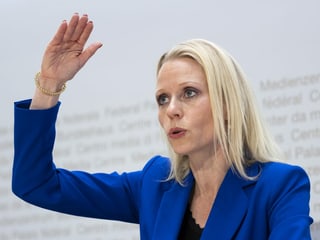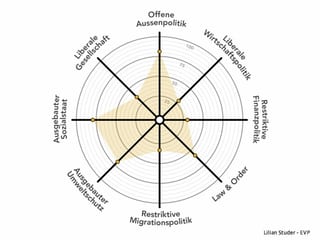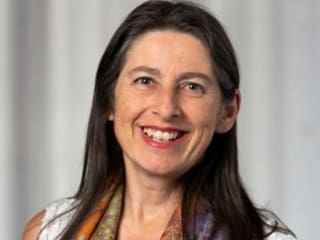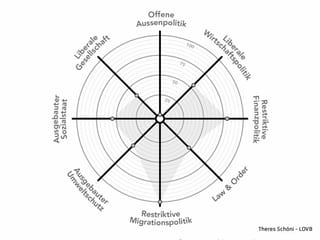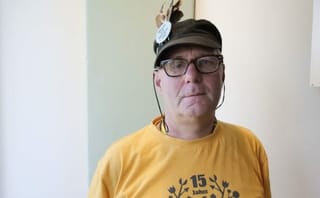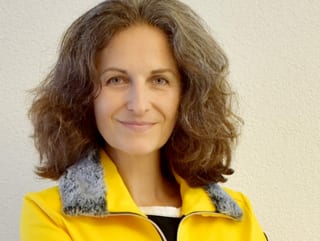Contents
All established parties want a seat in the Council of States, the choice is large. Nevertheless, everything could remain the same.
On paper, the Council of States elections in Aargau promise great excitement: no fewer than ten candidates are standing for election.
Thierry Burkart is firmly in the saddle. As the previous member of the Council of States and FDP President, he should be able to get re-elected without any problems. At least in the first round. The seat of SVP Councilor of States Hansjörg Knecht will be vacant. Everything in the Aargau election campaign revolves around this seat.
Citizens want an “undivided class vote”
Of course the SVP wants to defend its seat. The chances are good, because the SVP is by far the strongest party in Aargau. She is also sending a well-known name into the race: National Councilor Benjamin Giezendanner: the son of former politician Ueli Giezendanner. In contrast to his father, Benjamin Giezendanner “bumps” a little less and, at around 40 years old, appears neat and fresh in his appearance.
Ten heads for two seats
The Giezendanner/Burkart duo could receive the so-called “undivided class vote”. This is what the civil forces in Aargau talk about when it comes to the Council of States. The representation in the Council of States should pursue a purely civil policy.
The left wants a seat back
It is precisely against this “undivided class vote” that the two left-wing candidates Gabriela Suter (SP) and Irène Kälin (Greens) are running. Both are well known in the canton: As National Councilor, Suter has secured media presence with pithy words on transport policy, for example. Kälin was able to increase her popularity as President of the National Council in 2022.
And yet: It takes a lot for one of the two to make the leap into the Stöckli. Left-wing voters are in the minority in Aargau. However, Suter and Kälin position themselves clearly on the left in terms of content, so they are unlikely to win any middle-class votes.
In addition, the SP and the Greens – and if possible all other competing parties – would have to agree on a single candidate in the second round of voting if they want to break the clear middle-class majority. Because it is already clear that a second round of voting is needed given this large number of candidacies.
The decision will be made in the second round
According to unofficial information, the SP and the Greens have agreed to only rely on one name in the second round of voting. However, other parties are unlikely to join in. The center is once again running for the Council of States election with National Councilor Marianne Binder-Keller. She had already taken part in the second round of voting in 2019 and came in third place behind the FDP and SVP candidates.
Lilian Studer from the EPP is unlikely to run for office in the second round. Her candidacy primarily serves to preserve the party’s only National Council seat. And GLP candidate Barbara Portmann is unlikely to take part in a second round. She is relatively unknown as a political personality, and her party is no longer predicted to achieve any heights.
The three other candidates Nancy Holten (independent), Pius Lischer (IG Gesundheit) and Theres Schöni (solution-oriented popular movement) have no chance at all.
FDP and SVP for four years. There are many indications that it will stay that way.
From the point of view of the Aargau Left, several factors must be in place so that the undivided, middle class vote does not remain in place for four more years. The FDP and SVP have shared the Aargau professional representation for four years, when Pascale Bruderer from the SP resigned from office. There are many indications that this will remain the case.

